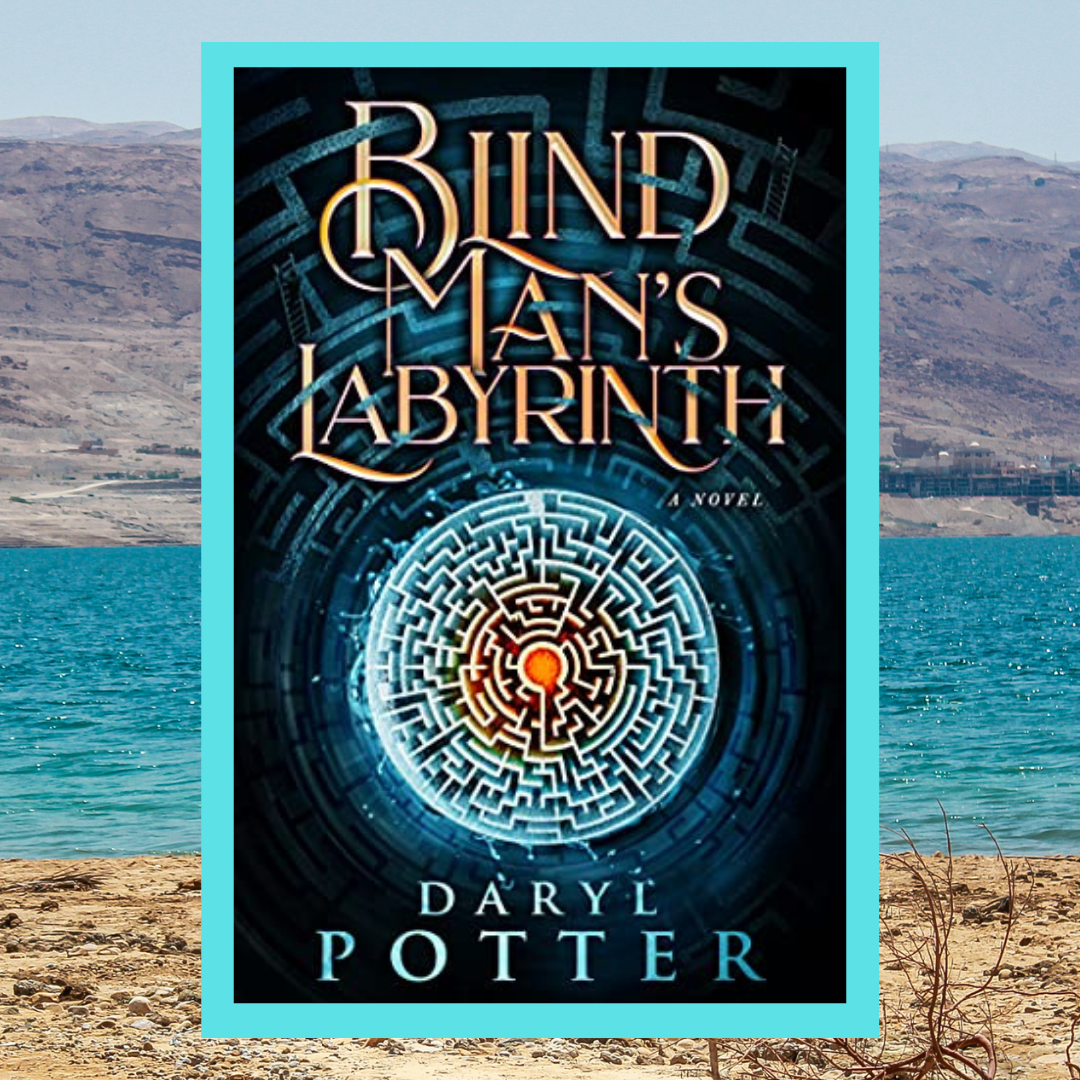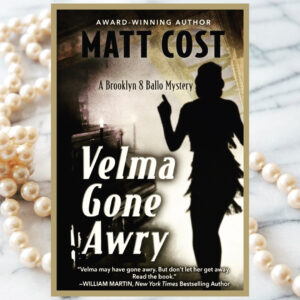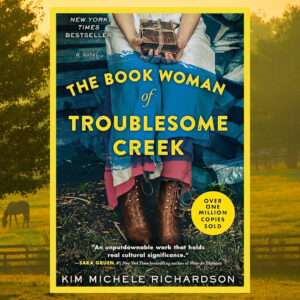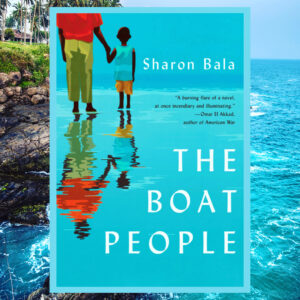🌟🌟🌟🌟🌟
What is “goodness” when everyone around you is “evil”?
With a tone, a message, and a story, that feels remarkably authentic – heartbreaking, bloody, terrifying and poignant – set in an ancient and barbaric time of history, when war, conflict, hate, violence and religious tyranny reign supreme, is there is really any other story to be told?
Are we destined to grow into violence, re-live the worlds of our fathers, and what we see around us? Or is something more, something deeper, something uniquely ours, out there (or in here?) for the finding?
Wonderfully researched and completely immersive, this book is set beginning in the year 92 BCE, in Israel, in a period of history this reader had little familiarity with prior to reading this incredible work.
Here we are introduced to a boy we will know as Haim (Hebrew for “Life”), eleven years old, and one of the most affecting characters you are likely to meet between the pages. A child born out of a violent act by a tyrannical despot destined to be his father, Hain himself is little but a sentient shell – unloved, untouched, despised by the mother forced to bear and raise him – he has learned to navigate life blindly, with no emotional compass, or self-awareness, and little understanding of the world he lives in.
Without giving the plot away (no spoilers here) Hain finds himself alone and desperate, (a trademark lifestyle that will come back to plague his life, repeatedly) as he struggles to survive in a land besieged by bloody civil war, mercenary soldiers, mass crucifixions, battling religious sects, poisonous sacrificial priestesses, white-robed bloodless ascetics, and sadistic bandits (and that’s all just internal strife, as the besieged Judeans are also surrounded on all sides by enemy states they frequently will find themselves at war with).
Hain’s journey, as told over the next sixteen years, is totally absorbing – horrifying in parts, and difficult to read, but un-putdown-able throughout. Caught in a maelstrom of enforced bloodshed, kill or be killed, and pillage at every turn, how can Hain, an outcast with few skills, hope to find a way out of the dark and fractured corners of his mind, (his heart), and build a life of morality, and meaning – let alone find community, love or even the most rudimentary social acceptance?
“He was hungry for something more than food, something he could not name”.
“He wanted a her to be his, and him to be hers”.
Who, if anyone, can he count on for guidance, support and is there a way he can even make his own choices – choices that allow him to govern his own life and “be clean of everything that is” in his past, his present, his pre-destined future?
I loved this book. As tragic as it is compelling, this is a story layered in questions, disturbing as they are, that may or may not have answers (for Hain, as well as for those who live, or can imagine life, in a world not so very unlike his). But they are questions that decidedly need asking.
A great big thank you to the author for an ARC of this book. All thoughts presented are my own.



